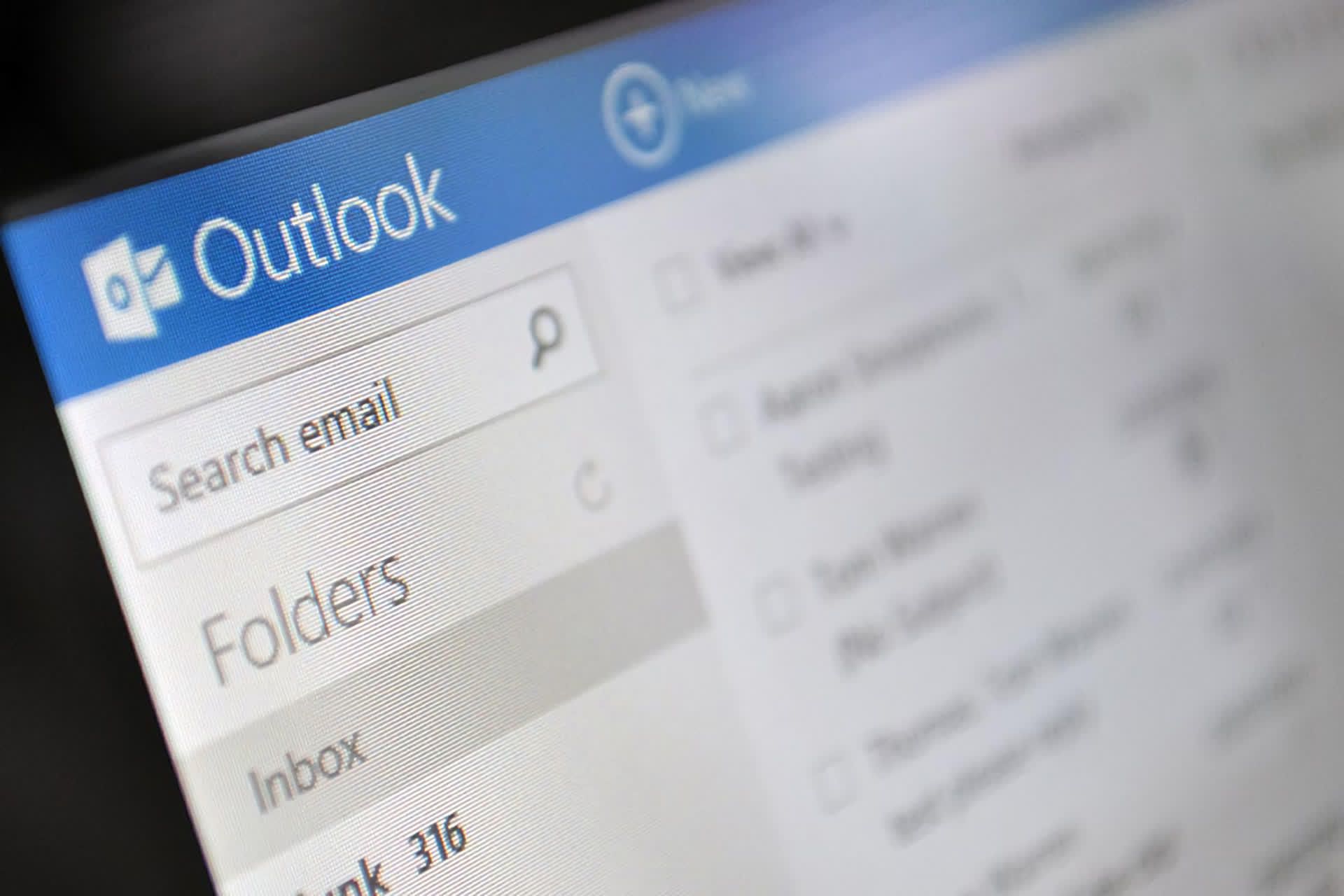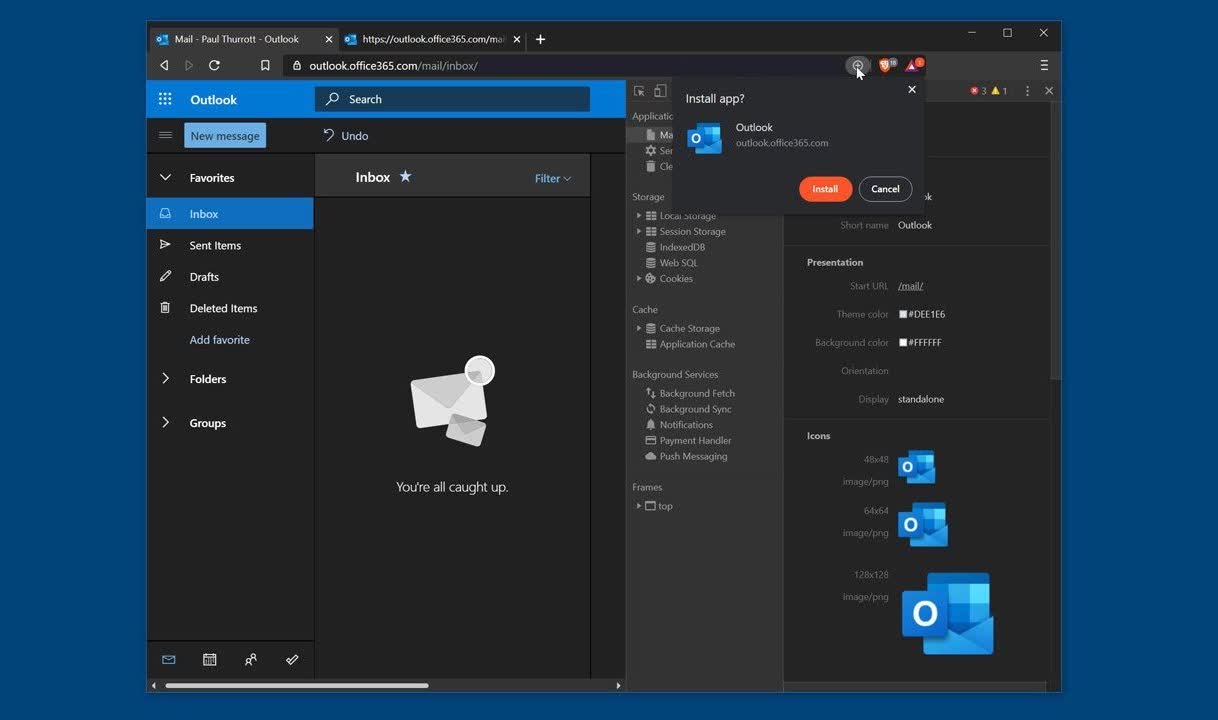Why it matters: Microsoft is looking to simplify its Outlook apps by using a single client powered by the web. This would allow Microsoft to have a shared experience across platforms without having to deal with differing code bases. This also seems to be part of a larger initiative to revitalize the Microsoft brand to be amicable to all platforms.

Microsoft will eschew dedicated desktop apps for Outlook in lieu of a single client powered by the web, according to Windows Central. This is part of Microsoft's "One Outlook" initiative that seeks to unify Outlook regardless of platform. The effort is called Project Monarch and will look to replace all Microsoft email clients, including the default Windows Mail app.
Project Monarch will be built on a single codebase in order to simplify deployment across platforms. Windows Central says that Microsoft looks to have a single user experience and will be accessible to all customers, business and consumers.
While you can technically install Outlook as a Progressive Web App (PWA) now, it doesn't have all of the integrations that Monarch will have. For example, Monarch will include support for offline storage, notifications, and share targets. Microsoft wants to ensure that it feels "native" to each platform while still adhering to the same look and feel as the Outlook website.

Microsoft will start previewing Monarch towards the end of the year. The default Mail and Calendar apps are scheduled to be sunset next year with Monarch combining both functions into the one application. The company also has plans to sunset the Win32 Outlook application, but that will likely happen further out in the future due to the complexity of the app.
In the meantime, Windows Central states that the current Mail and Calendar apps are in "maintenance mode" and will get a slight UI change in line with Microsoft's planned "Sun Valley" design refresh for Windows 10 later this year.